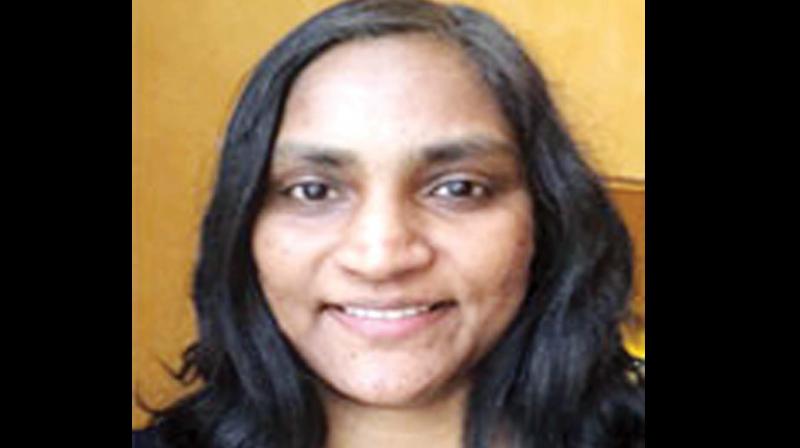Genetic diagnosis offers hope for neurological ills: Dr Bindu Sankaran

Kochi: A neurology expert has said that remarkable technological advances have taken place in the field of genetic diagnosis and new gene discovery which are ending the long diagnostic search spanning years or even decades for patients with neurological disorders and their families.
Addressing the three-day International Conference of Kerala Association of Neurologists (KAN) which concluded here on Sunday, Dr Bindu Sankaran, a neurologist with TY Nelson department of neurology, the Children’s Hospital, Sydney, said a definite diagnosis enables reliable prognostic and genetic counselling. This leads to a paradigm shift in reclassifying the neurological disorders based on molecular features.
“The precision offered by molecular diagnosis has facilitated the emergence of new successful treatment strategies in many of the hitherto untreatable disorders. In other instances, identifying the specific neuronal channels affected leads to precise treatment,” she said.
“Considering the pace of technological advances, the coming years will see the emergence of more and more gene discoveries and novel concepts apart from a greater understanding of biological pathways involved in disease mechanisms,” Dr Bindu Sankaran said and added that this would create the basis for innovative molecule-targeted specific therapies for neurological disorders.
The conference underlined the need for a national level neurological diseases control mechanism, regional population-based screening, and building a comprehensive data on neurological disorders.
Dr V.G. Pradeep Kumar, organising secretary of the conference, said that the organisation would initiate concrete steps to carry out door to door screening for prevalence and incidence of neurological disorders in the state.
The state health sector also needs to take steps to establish advanced neurological care units in each district to diagnose, monitor and treat neurological ailments, he said.
“Epilepsy, dementia, Parkinson’s disease, tremors and other movement disorders, neurogenetic disorders, multiple sclerosis and stroke have prevalence in an estimated three crore population in the country. Traumatic injuries from accidents and neuro infections come apart from this. The incidence graphs of these also show an upward trend,” Dr Kumar said.

